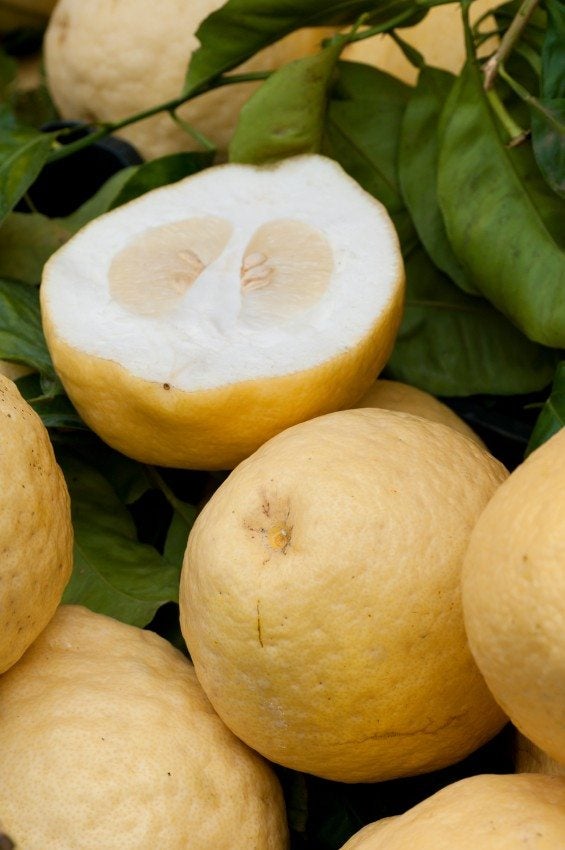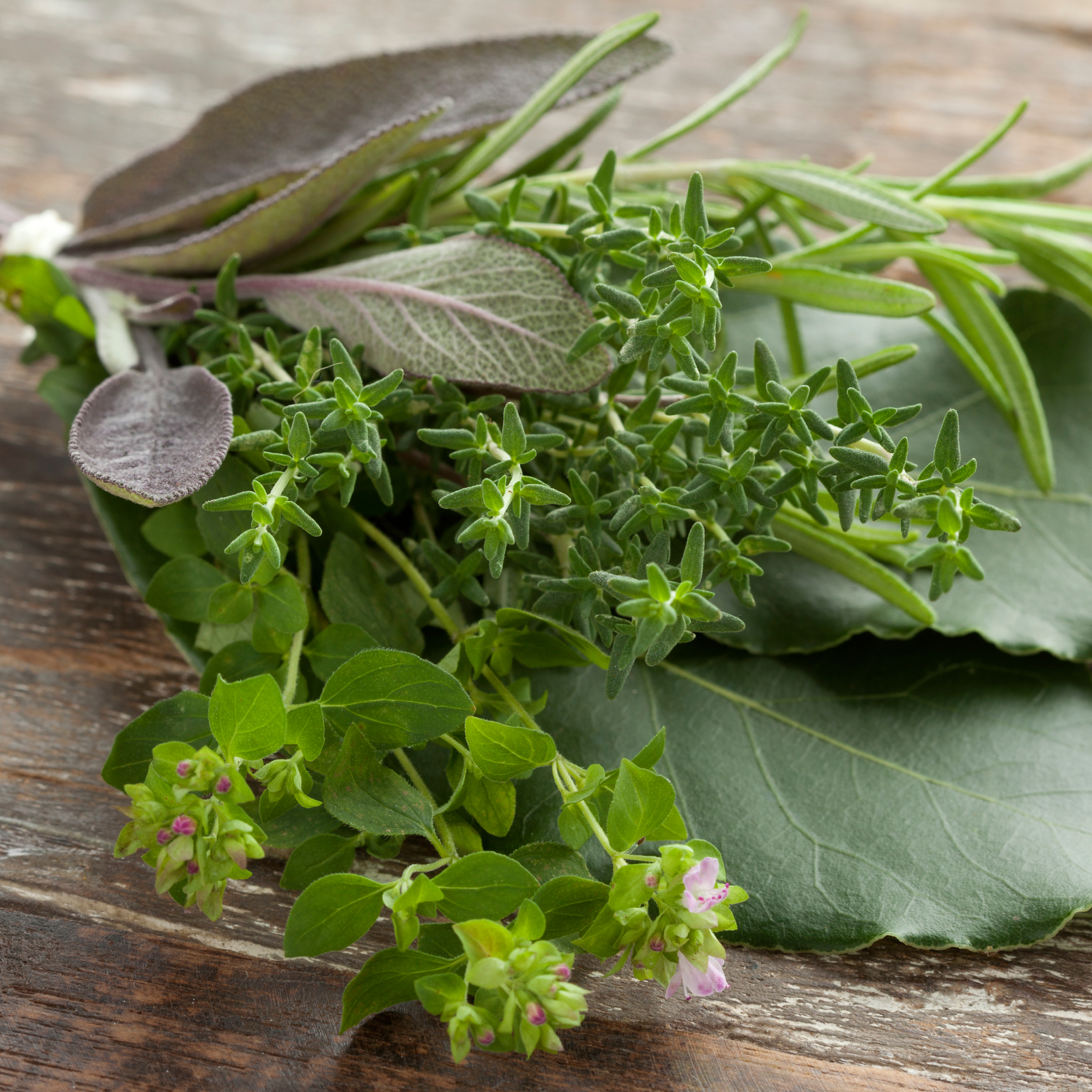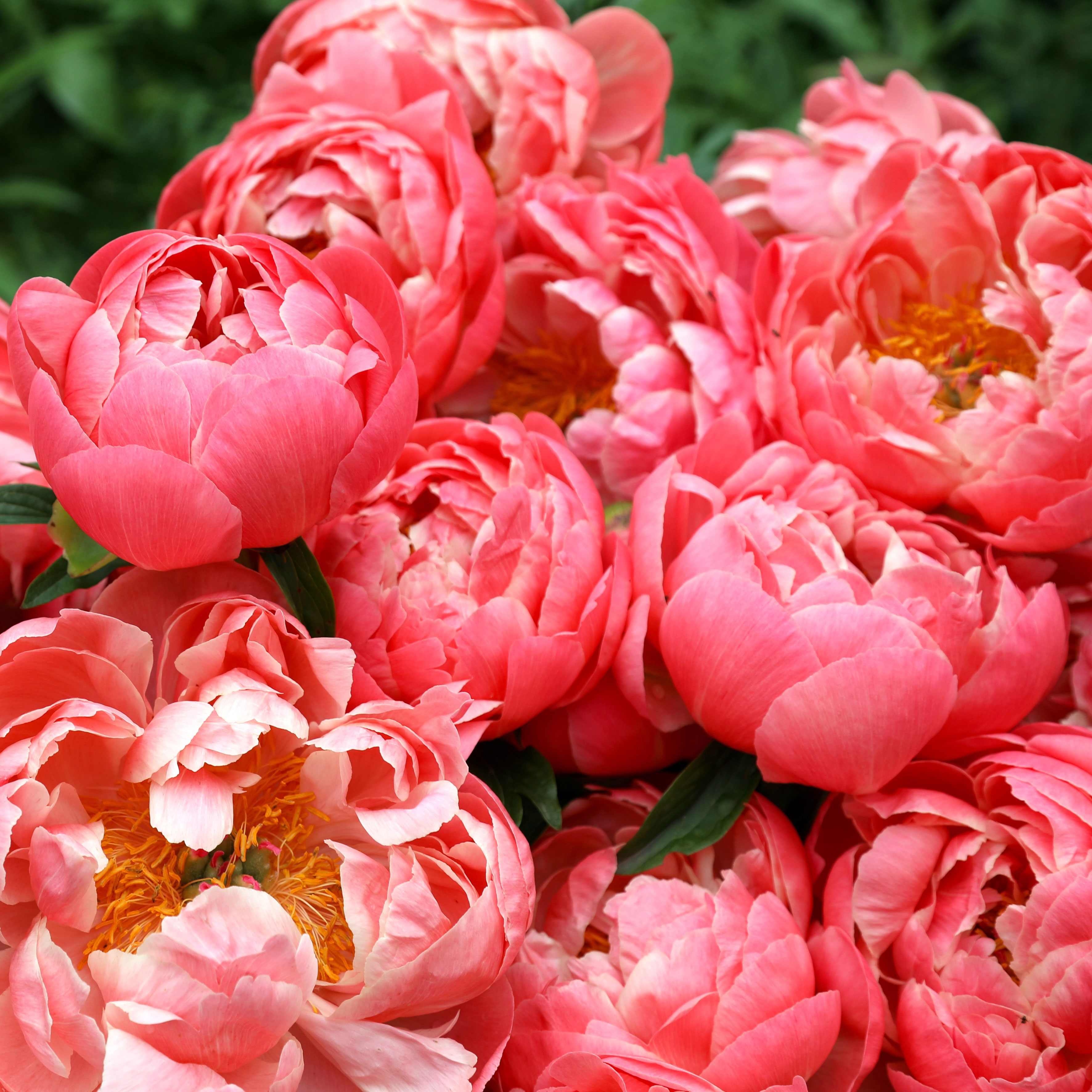Why Citrus Fruit Get Thick Peels And Little Pulp


For a citrus grower, nothing can be more frustrating than waiting all season for a lemon, lime, orange, or other citrus fruit to ripen only to discover that the inside of the fruit has a thick peel with more rind than pulp. A citrus tree can look healthy and get all the water it needs, and this can still happen, but you can fix it and make sure that your citrus fruits never end up with a thick rind again.
What Causes a Thick Rind in Citrus Fruit?
Very simply, a thick peel on any kind of citrus fruit is caused by a nutrient imbalance. The thick rind is caused by either too much nitrogen or too little phosphorus. Technically, these two issues are one and the same, as too much nitrogen will affect how much phosphorus a plant will take up, thus causing a phosphorus deficiency. Nitrogen and phosphorus are a citrus grower's best friend. Nitrogen is responsible for foliage growth and will help the tree look lush, green, and be able to take in energy from the sun.
Phosphorus helps the plant to form flowers and fruit. When these two nutrients are in balance, the tree looks beautiful and the fruits are perfect. When the two are out of balance though, it will cause problems. A citrus tree growing in soil that has too much nitrogen will look very healthy, except for the fact that it will have very few, if any blossoms. If it does produce blossoms, the fruit themselves will be dry, with little or no pulp inside, and a bitter, thick rind.
A phosphorus deficiency will cause almost the same results, but depending on the levels of nitrogen, the tree may not look as lush. Regardless, the rinds on citrus fruits from citrus trees affected by too little phosphorus will be thick and the fruit inedible. The easiest way to fix both too much nitrogen and too little phosphorus is to add phosphorus to the soil. This can be done with a phosphorus rich fertilizer or, if you are looking for an organic phosphorus fertilizer, bone meal and rock phosphate, which are both rich in phosphorus.
Thick rinds on citrus fruit does not just happen; there is a reason for thick peels on lemons, limes, oranges, and other citrus fruits. You can fix this problem so that you never again have to experience the disappointment of waiting so long for a fruit you can't eat.
Gardening tips, videos, info and more delivered right to your inbox!
Sign up for the Gardening Know How newsletter today and receive a free copy of our e-book "How to Grow Delicious Tomatoes".

Heather Rhoades founded Gardening Know How in 2007. She holds degrees from Cleveland State University and Northern Kentucky University. She is an avid gardener with a passion for community, and is a recipient of the Master Gardeners of Ohio Lifetime Achievement Award.
-
 How To Make A Bouquet Garni Or Herb Bundle For Cooking
How To Make A Bouquet Garni Or Herb Bundle For CookingIf you’re a great cook, you may have made an herb bundle before. If this is a new idea, learn how to add sparkle and interest to your dish with a bouquet garni.
By Amy Grant
-
 ‘Coral Charm’ Peony Care For Sublime Semi-Double Peonies With Lush Salmon Pink Flowers
‘Coral Charm’ Peony Care For Sublime Semi-Double Peonies With Lush Salmon Pink FlowersPeonies are known for their soft baby pink or magenta tones, but if plushy coral blooms are your thing, here’s our guide to the ultimate ‘Coral Charm’ peony care
By Tonya Barnett